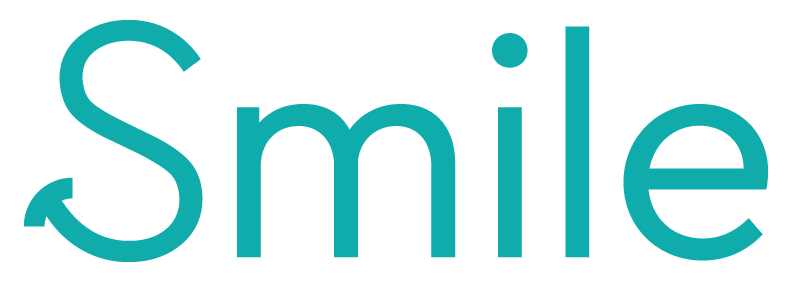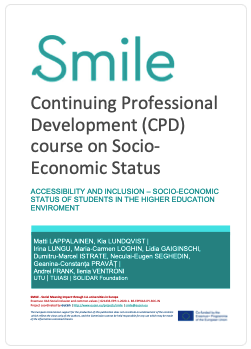Low socio-economic status
The SMILE project will address the challenge of lower access and attainment rates of students with a low socio-economic status, which leads to their underrepresentation in higher education.
‘Low socio-economic status’ is not defined in the same way in all countries and no recent aggregated comparative data is available. However, the educational attainment of parents can be used as a proxy, as it is closely related to employment, occupation and income. Students whose parents have attained a higher level of education have higher rates of completion in all EU countries, though to varying degrees. A Finnish study, comparing students from working-class background with middle-class students, found that students from working-class backgrounds are more uncertain about the suitability of higher education for them and use slightly less time for studying. In addition, they are more likely to have to work alongside studying and take out a student loan.
As part of the SMILE project, a summary and state of the art will give an overview about the situation of low socio-economic background students in Europe. Also, there will be a section in the audit model, which enables HEIs to self-reflect on how they address the inclusion of this group of students. Furthermore, a CPD course will be designed that allows both academic and non-academic university staff to become more aware and knowledgeable, as well as prepared to support students from lower socio-economic groups. Finally, a set of policy recommendations will provide institutional leaders and decision makers with ideas on how to implement changes that benefit said group of students.
You can watch now our webinar on low socio-economic status organised by the University of Turku (FI) with the Technical University of Iasi (RO) and Solidar Foundation (BE).



